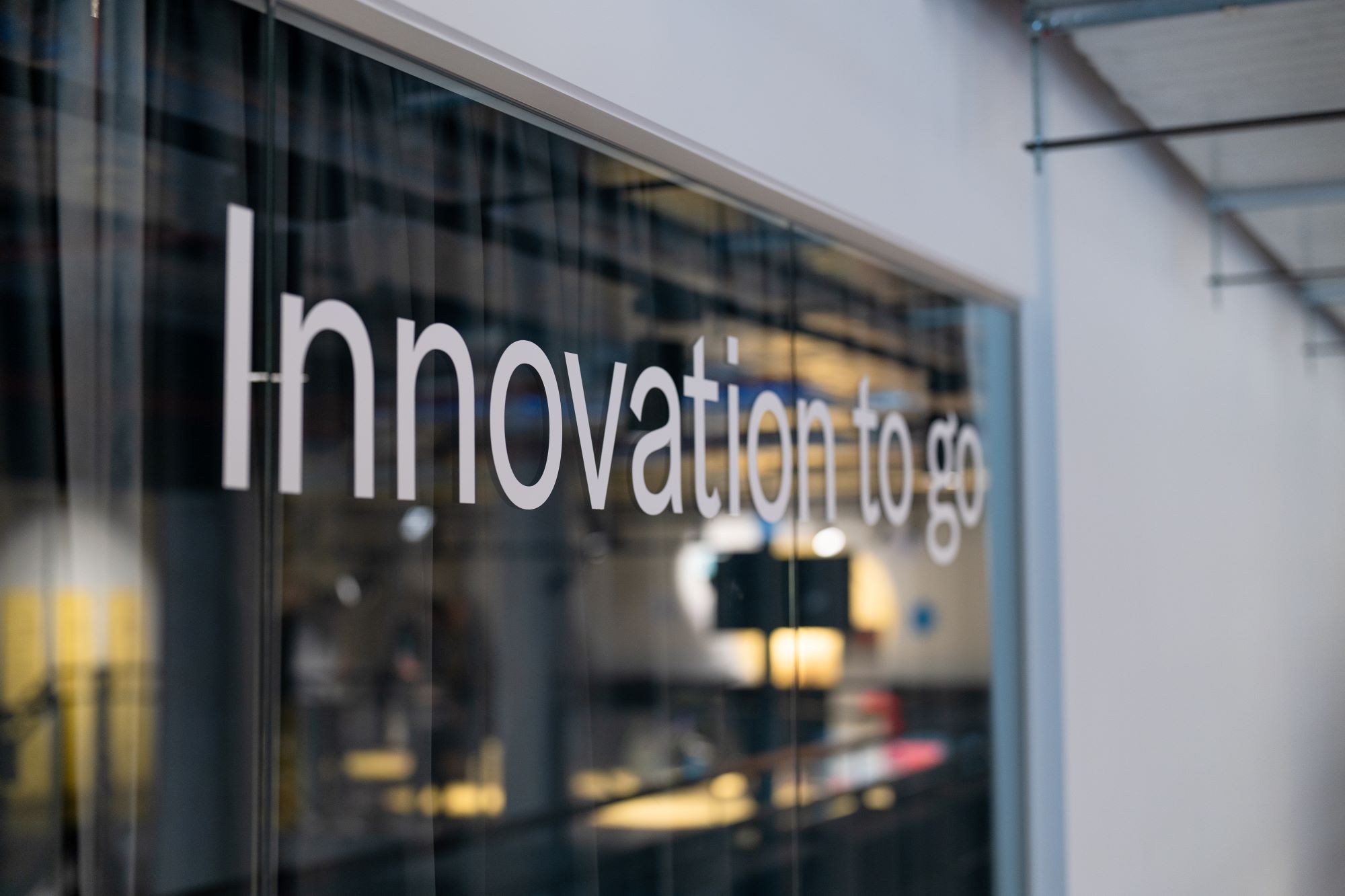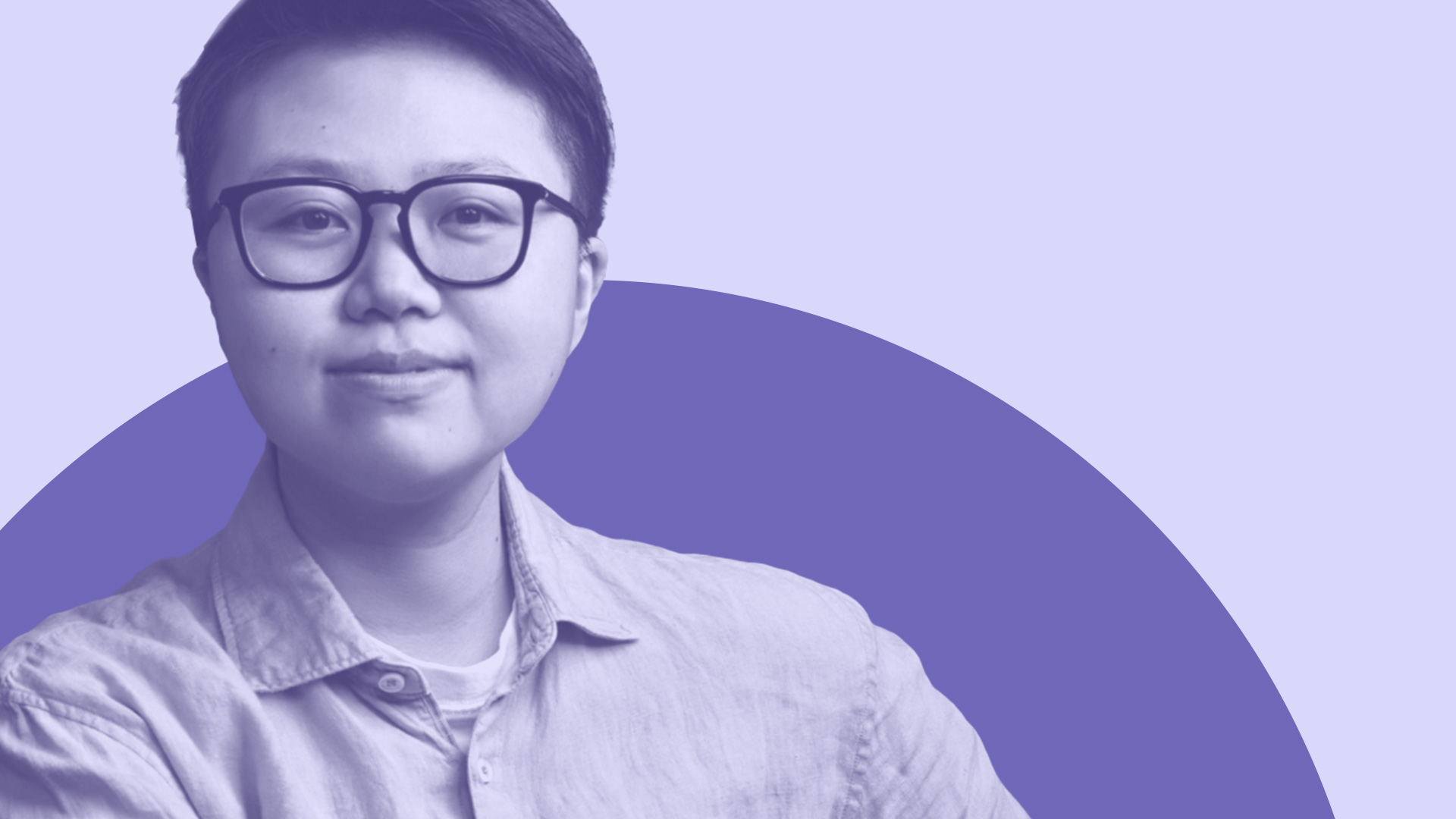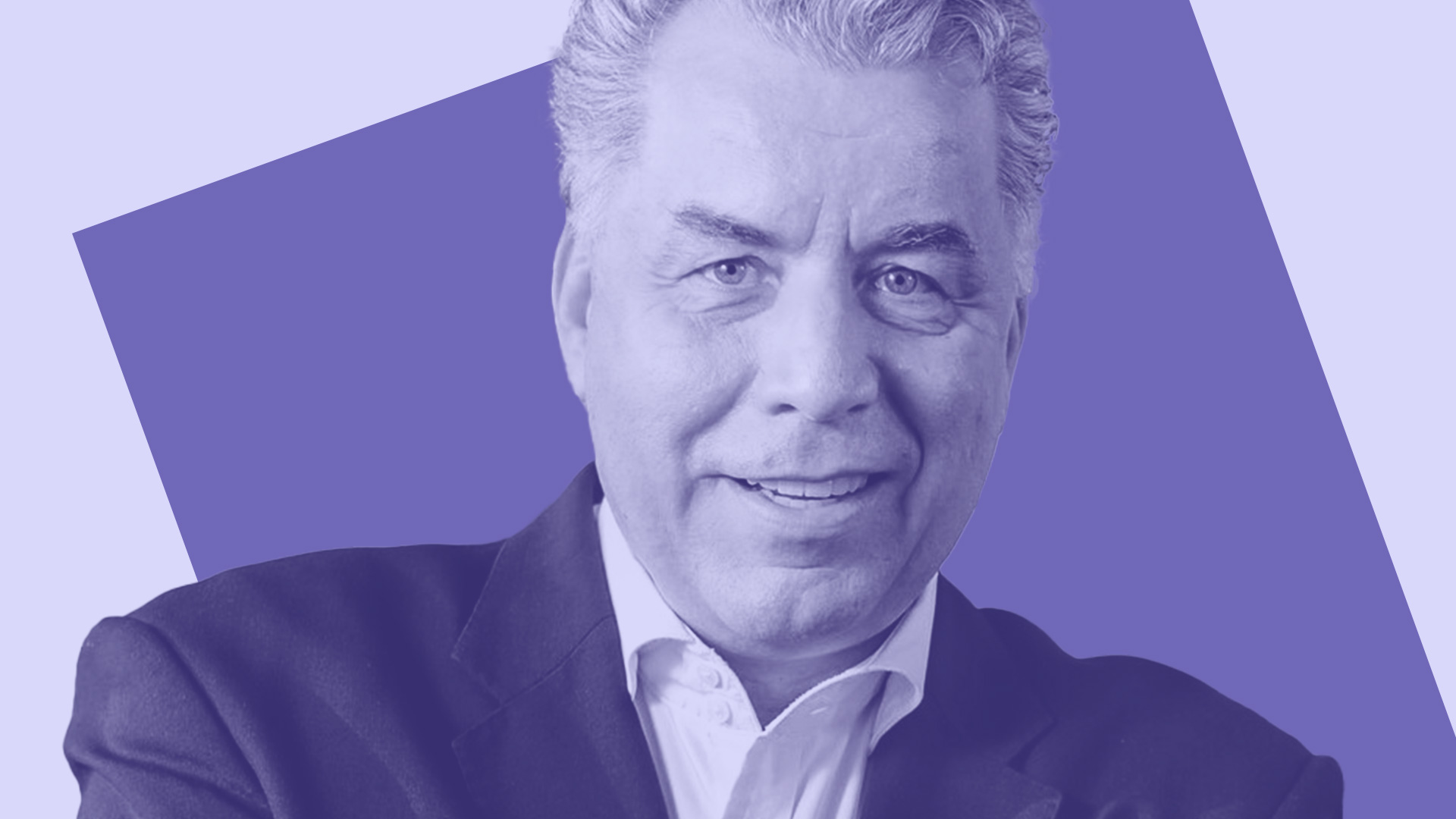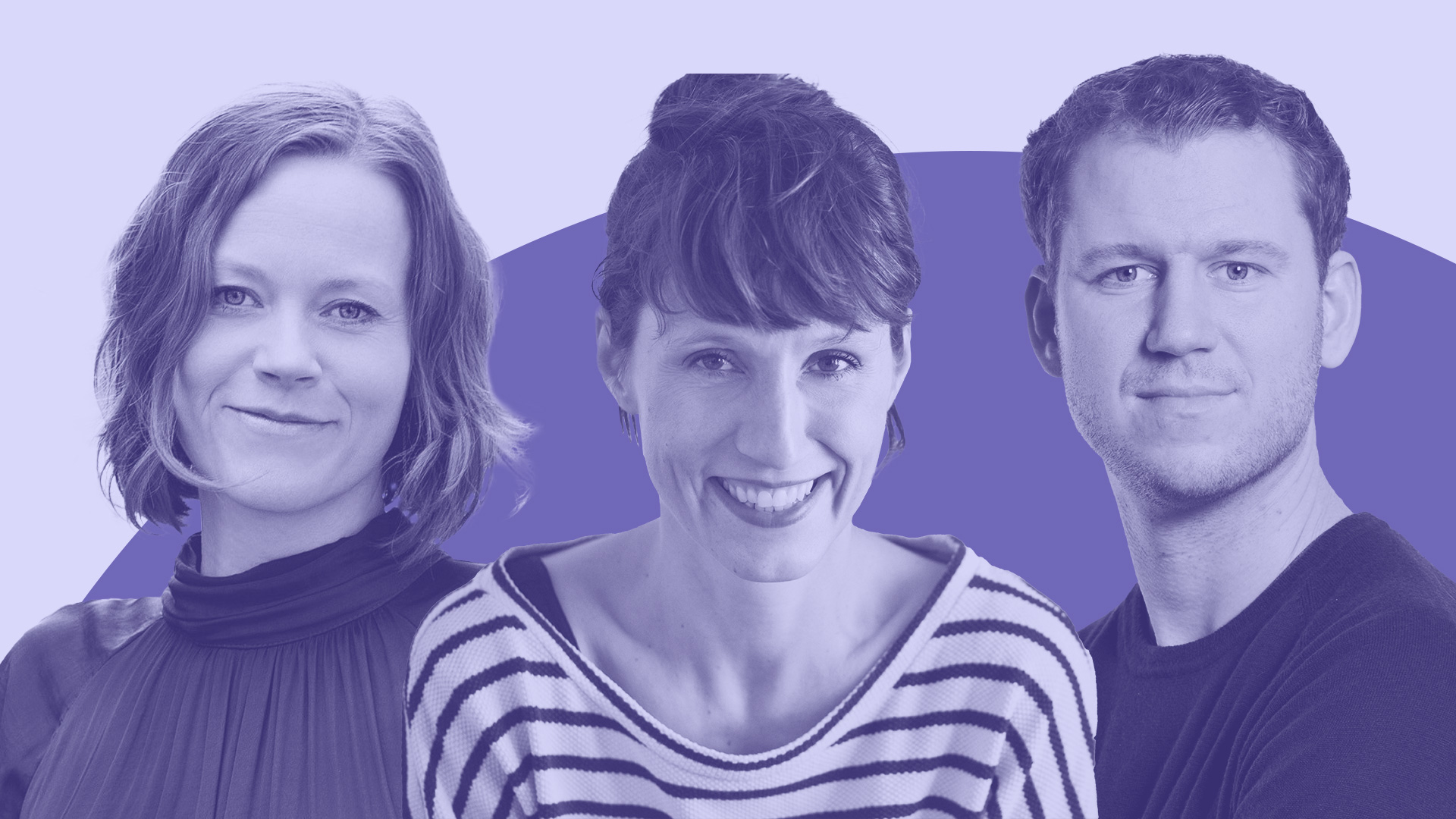In Hamburg, the Cross Innovation Hub supports collaboration between companies and creatives in order to initiate and drive innovation. What contribution can the creative industries make to a new, sustainable innovation ecosystem?
In order to remain fit for the future, new paths must be taken and demonstrated. This is precisely where the strength of the cultural and creative industries lies, especially in the area of non-technical innovations. We are becoming increasingly digital, increasingly fast-moving. Who better to deal with this than creative minds who are constantly trying things out and reinventing themselves. The creative industries have long been in the process of becoming more climate-neutral and environmentally friendly. I see a lot of potential in the circular economy in particular. What should the products of tomorrow look like so that we use as few resources as possible and the ones we use are as durable as possible? A lot is happening in design and architecture. Other sub-sectors such as the film and music industries are also increasingly focussing on innovative, ecological concepts.
What are the current and future challenges facing the creative industries in Germany?
In the cultural sector, it is becoming more challenging to attract skilled labour or workers - or simply to retain them. Many companies are unable to find suitable trainees, which means that the next generation is largely absent. We need to think together about how the sector can continue to be an attractive employer and which framework conditions need to be improved. The Covid-19 pandemic has meant that many creative professionals have been forced to look for other work because they are no longer receiving orders. Not all of them have returned to their old jobs. In addition, there are many solo freelancers in the creative sector, from sound engineers to small artists. The pandemic has exacerbated their patchy economic and social security. Concerns about poverty in old age are very real for the solo self-employed. The rise in energy prices due to the Russian war of aggression has also put pressure on the cultural and creative industries. Cinemas, theatres and clubs have to expend a lot of energy and creativity to cushion these price increases. Not everyone will be able to do this, as they lack the reserves after the pandemic years.





